Features of the work of Soviet foreign intelligence in Persia in the 1920-1930s
Among the first countries on the territory of which the Soviet Republic began to conduct intelligence activities were the countries of the Muslim East. In 1923, a legal residency was established in Persia [1].
The activities of the residencies in Persia were led by the 5th (Eastern) sector of the Foreign Department of the OGPU. At the same time, the INO was working to send its agents to Persia.
Of great importance as a historical source are the Notes of a Chekist by G. S. Agabekov, a Soviet resident in the Middle East [2], published in Russian [3] in Berlin in 1930. The Notes in detail reflect the political situation in the Near and Middle In the East, in 1923-1930, they disclose the methods of work of the non-profit organization, characterize the direct organizers and participants of Soviet intelligence and counterintelligence events in these regions and describe the operations they carried out. Agabekov personally took part in the preparation for the destruction of the Turkish adventurer Enver Pasha [4], who became one of the leaders of Basmachism. Later, Agabekov led the creation of intelligence networks of the OGPU in Afghanistan, Persia and Turkey.
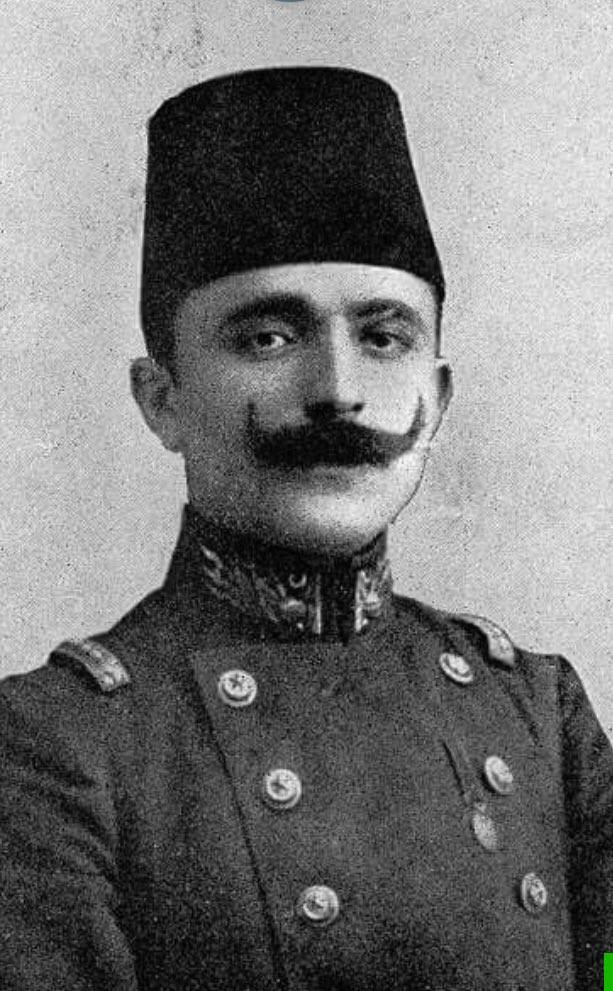
Most Soviet residencies in Persia had their own "specialization." Residency in Tehran, in addition to the overall coordination of intelligence, through its point in Kermanshah (not to be confused with the city of Kerman) operated in Iraq [5].
Kermanshah’s residency worked against white emigration and British authorities in Iraq. In Kermanshah, from 1925 to 1928, under the cover of the post of secretary of the Soviet consulate, M.A. Allakhverdov showed himself as a talented intelligence officer [7], who in 1928 became a resident of INO in Persia. Here he managed to organize penetration into white-emigre circles, obtain information about German, Polish, Turkish and Japanese intelligence who worked against the USSR from the territory of Persia, and also acquire valuable agents in the ruling circles of Persia. [8]
The residency in Urmia [9] monitored the activities of the British in the surrounding territories (in Urmia, the future diplomatic agent and consul general in Yemen A. B. Dubson [10] began intelligence activities). The tasks of the Tauris [11] residency included the development of Dashnaks [12], Musavatists [13] and White emigre circles. The Ardabil and Resht residences also worked not only against the Musavatists, but also against white emigration. Bender-Bushehr’s [14] residency monitored the situation in the area of the southern Persian tribes, which were a kind of lever in the hands of the British for pressure on the Persian government, and also monitored the situation in the ports of the Persian Gulf.
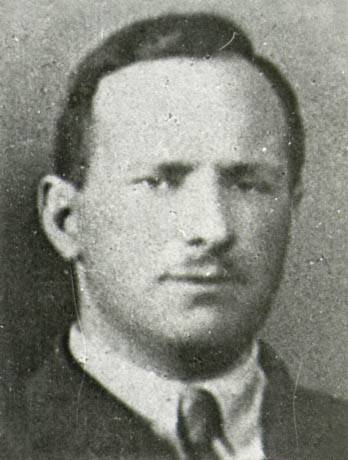
The main task of the residency in Mashhad was to work against British “colleagues” [15] and their local agents (in Mashhad in 1921, the future diplomatic agent and consul general in Yemen K. A. Khakimov began his intelligence activities [16]). In addition, she was engaged in identifying British ties with Basmachi gangs and white emigration. In the late 20s, Mashhad became the base of various white-emigrant organizations. It housed the branches of the Russian All-Military Union, Turkestan Insurgent Committee, and the Uzbek Nationalist Movement, which conducted subversive work against the USSR in close contact with British intelligence services. [17] The OGPU officers in Mashhad were also involved in identifying British agents operating in the strip of the Soviet-Persian border and in Turkestan.
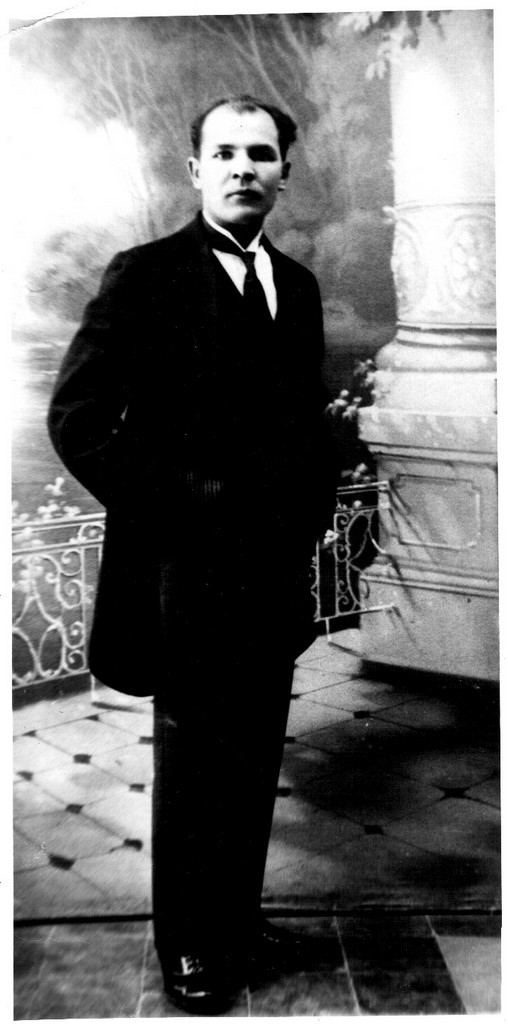
Mashhad residency was particularly successful. Here in 1931-1936. A. M. Otroshchenko [18] an agent of the plenipotentiary representative of the OGPU for Central Asia, who was in charge of the Mashhad residency since 1934, worked under the cover of a post of an employee of the Soviet Consulate General. He managed to get important information about the anti-Soviet activities of the white emigration, as well as about the subversive activities of the British and Japanese intelligence against the USSR. [nineteen]
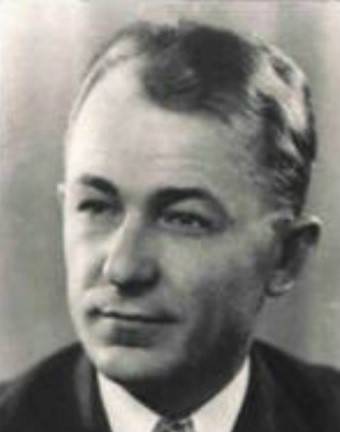
Based on the prevailing situation in this region, the state security organs decided to penetrate the British intelligence office in Mashhad, to intercept the channels for sending agents to Soviet territory and, ultimately, to paralyze its hostile activities. As a result of a number of successful operations carried out in the 30s, including with the participation of the Soviet legal residence in Mashhad, where the Soviet consulate general functioned, the accomplices of the British resident from among the Russian emigrants were detained and the supply channels were blocked weapons Turkmen Yomut tribe, who rebelled against Soviet power. [twenty]
The information obtained by Soviet intelligence was also used to carry out measures to combat smuggling. Thus, “our station in Tehran established that Iranian merchants, using the agreement with Soviet Russia on border trade, were exporting from the USSR a large amount of gold, precious stones and foreign currency. <…>
The cargo presented for inspection was fully consistent with customs declarations. This went on for quite some time, until V. Gridnev [21] noticed that the goods were being transported by the Iranians in new woolen bags, on which patches were sewn here and there. The audit showed that it was under these patches that jewelry and considerable amounts in foreign currency were hidden. The currency smuggling channel was suppressed ”[22].
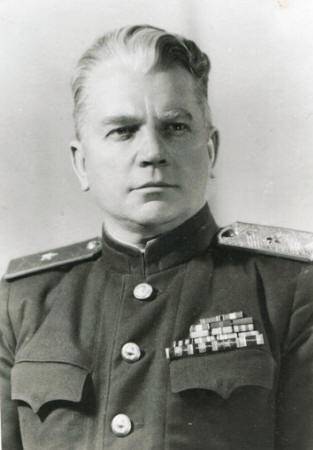
Thanks to the experience gained by Soviet intelligence in the 1920s and 1930s in Persia, German agents were able to outplay here during World War II, including ensuring that the Tehran Conference was held in 1943.
Notes
[1] In 1935, Persia was officially renamed Iran.
[2] Agabekov (Arutyunov), George (Grigory) Sergeevich (1895–1938) - reconnaissance defector. In the years 1924-1926. - Resident in Afghanistan, in 1928 - in Persia, in 1929-1930. - illegal resident in Istanbul. I fled to Paris. Eliminated, allegedly, by the NKVD agents. For more details see: Prokhorov D.P. How much does it cost to sell the motherland? SPb. —M., 2005, p. 50 – 64.
[3] The book has been translated into many languages, including Persian (Farsi).
[4] Enver Pasha (Ismail Enver; 1881–1922) - Turkish military and political figure. He graduated from the General Staff Academy in Istanbul (1903). In 1913, carried out a coup. During the First World War he served as deputy. commander in chief (formally, the sultan was the commander in chief). After the defeat of Turkey, he fled to Germany, and later for some time was on the territory of Soviet Russia. In 1921 he took part in the anti-Soviet Basmach rebellion in Central Asia and was killed in battle with the Soviet troops.
[5] Essays stories Russian foreign intelligence. T. 2.M., 2006, p. 242.
[6] Arabajyan Z. A. Iran: Confronting Empires (1918–1941). M., 1996, p. 129.
[7] Allakhverdov, Mikhail Andriasovich (Andreevich) (1900–1968) - scout. He graduated from the eastern branch of the Military Academy of the Red Army (1925). In the Red Army since 1918. Member of the Civil War. In the Cheka since 1919 he worked in Central Asia. Since January 1923 - in the Eastern Department of the OGPU. Resident in Persia (1928–1930), Afghanistan (1934–1936; 1941–1943), Turkey (1936–1938). He performed tasks in Austria, Switzerland, France, Yugoslavia. In the years 1947-1955. - on pedagogical work at the Higher Intelligence School.
[8] Degtyarev K., Kolpakidi A. Foreign intelligence of the USSR. M., 2009, p. 350.
[9] From 1926 to 1980, the city of Urmia was called Rezaye.
[10] Dubson, Arkady Borisovich (1895–1938) - scout, diplomat, orientalist. He graduated from the 1st year of the Petrograd Psychoneurological Institute (1915), the 2nd Moscow School of Ensigns (1917), the 1st year of the eastern branch of the Military Academy of the Red Army (1921). Member of the First World War and Civil War. Since 1919 - in the Cheka. Since 1920 - at diplomatic work (Secretary of the Persian Department of the NKID, from 1921-1928 - at consular posts in Urmia, Tabriz and Mashhad). In 1930–1931 - at the scientific and pedagogical work. In the years 1931-1933. - Representative of the USSR in the Kingdom of Yemen, Mutavakkiliy Kingdom. Since 1935 - the head. print department of Intourist JSC, professor at the Moscow Institute of Oriental Studies.
[11] Modern transcription of Tabriz - Tabriz.
[12] Armenian nationalists, united in 1890 in the party “Dashnaktsutyun” (“Armenian Revolutionary Union”).
[13] Azerbaijani pan-Turkists and pan-Islamists, united in 1911 in the Musavat (Equality) party.
[14] In the 1st ed. TSB (vol. I, M., 1926) gives the names “Aboucher,” “Bushir,” and “Abu Shikhir.” The modern name is “Bushir”.
[15] For the activities of the British special services in the period under review, see: Deacon R. A History of the British Secret Service. L. 1969; West N. MI5: The True Story of the Most Secret Counterespionage Organization in the World. N.-Y. 1982; West N. MI6: British Secret Intelligence Service Operations 1909-1945. N.-Y., 1983.
[16] Khakimov, Karim Abdraufovich (1892-1938) - intelligence officer, consular, diplomatic and trade representative of the USSR in the countries of the Near and Middle East. For more details see: Gusterin P. In memory of Karim Khakimov - diplomat and scientist // Diplomatic service. 2008, No. 1.
[17] Essays on the history of Russian foreign intelligence. T. 2, p. 242.
[18] Otroshchenko, Andrei Makarovich (1902–1993) - scout. At the OGPU since 1924, in 1931–1936 and 1937–1939. - in intelligence in Persia / Iran (deputy resident and resident in Mashhad, resident in Tehran). In 1939–1941 - beginning counterintelligence department of the NKVD in Odessa region Since 1941 - in senior positions in the state security organs of the USSR.
[19] Degtyarev K., Kolpakidi A., with. 527; Essays on the history of Russian foreign intelligence. T. 3.M., 2007, p. 206.
[20] Essays on the history of Russian foreign intelligence. T. 2, p. 246 – 247.
[21] Gridnev, Vyacheslav Vasilievich (1898–1991) - scout. He graduated from the Higher Border School of the OGPU (1924). In 1917 he was drafted into the army. Member of the Civil War. In 1921 he was sent to work in the Moscow Cheka, later - in the border units of ZakVO. In 1932–1936 and 1943–1949 - missions in Mongolia. Member of the Great Patriotic and Soviet-Japanese Wars. In 1949 - the beginning. Information Committee of the Council of Ministers of the USSR. In 1950-1960 - beginning Graduate School of Intelligence. (Note.P.G.).
[22] Antonov V., Karpov V. Secret informants of the Kremlin - 2. Intelligence began with them. M., 2003, p. 290.
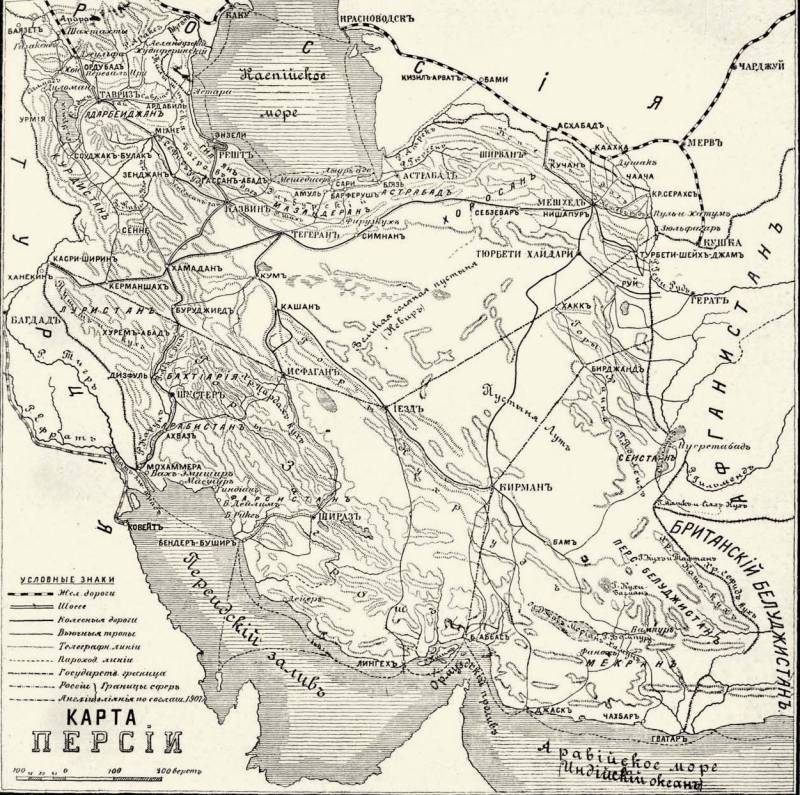
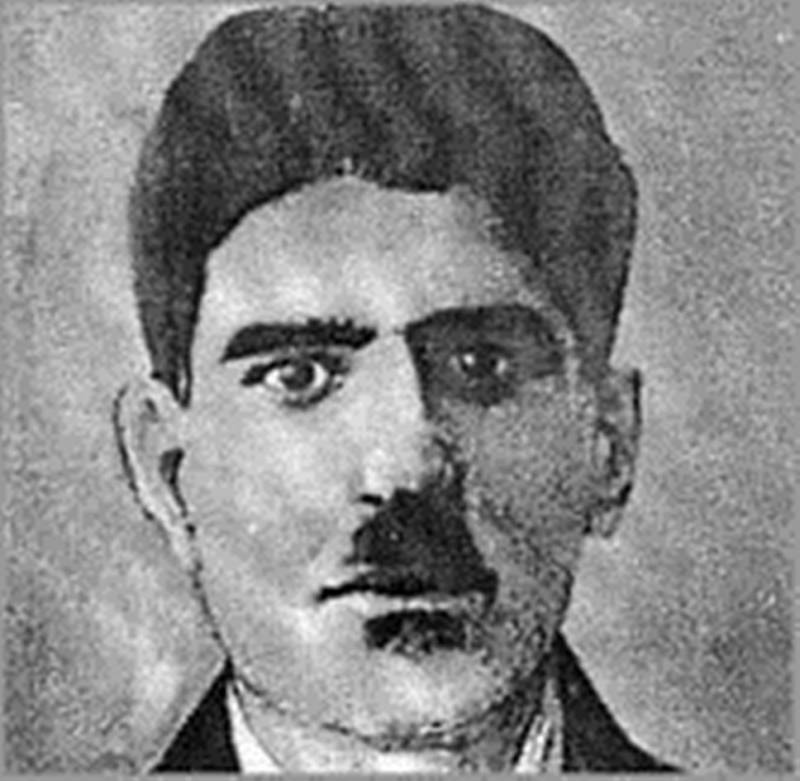
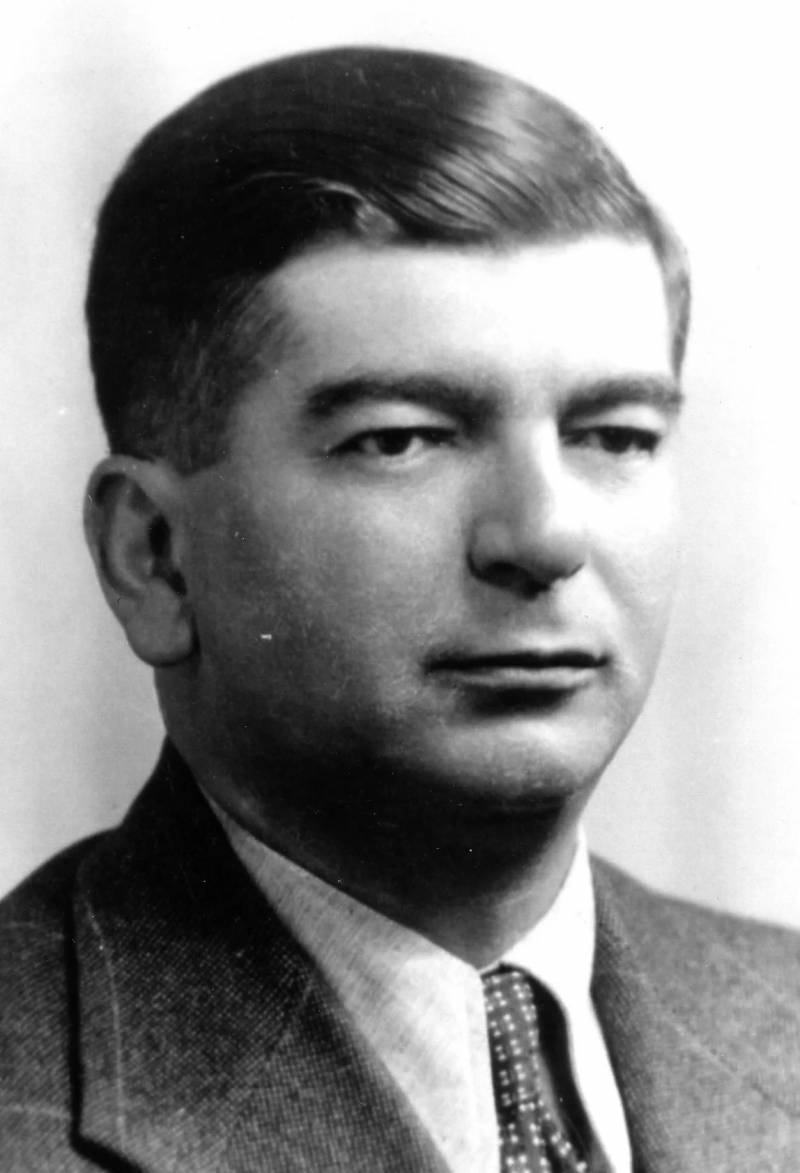
Information